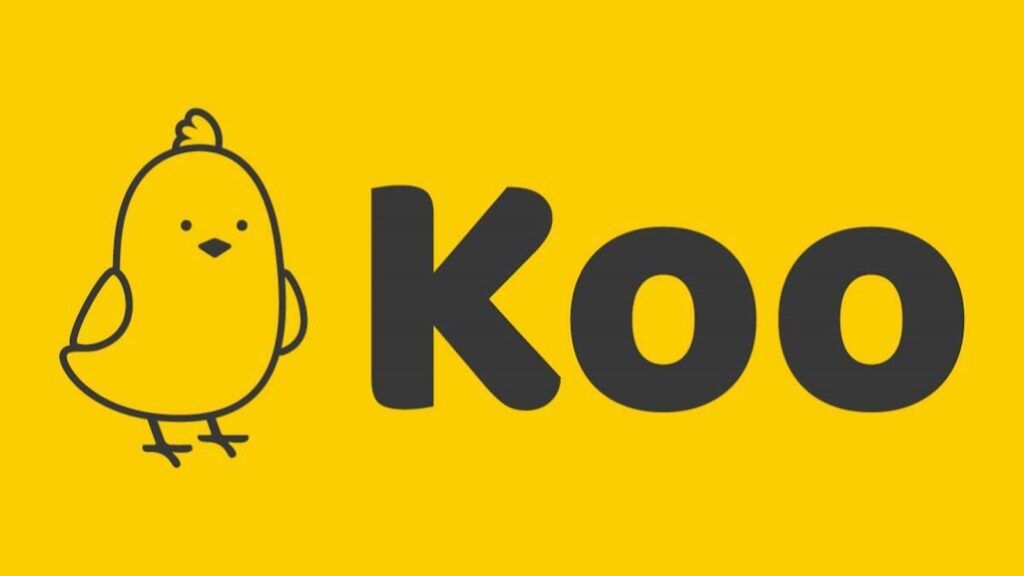Koo : A Tale of Ambition and Challenges
Koo was founded in 2020 by Aprameya Radhakrishna and Mayank Bidawatka as a microblogging and social networking platform similar to Twitter. However, after gaining traction amid the conflict between the Government of India (GOI) and Twitter, Koo struggled to secure funding and partnerships. In 2024, the founder posted an emotional note on LinkedIn about the closure of Koo’s business operations. Let’s take a look at what went wrong with Koo.
Building a social media platform has always been challenging due to the dominance of Meta (with Facebook and Instagram) and Twitter (now X). These platforms have successfully glued users to their services and created large, multi-generational communities. For any social media platform to succeed, it needs two key elements: a strong and active user base and continuous content generation from this user base. As users generate more content, other users consume it, attracting brands to promote their products through ads and partnerships. These paid ads generate revenue for the social media platform, supplemented by other revenue streams like premium paid features. This is why giants like Meta and X generate massive revenue.
Koo’s dream was to build a social media platform for Indians, by Indians. It received significant support from the Government of India under the Make in India initiative and secured the second spot at the AatmaNirbhar Bharat App Innovation Challenge. Koo also partnered with Republic Bharat to run polls and air the results on the channel, which boosted its user base. Koo benefited from the GOI vs. X conflict in 2021 when India opposed X due to certain policies and posts that it did not remove. X also banned Kangana Ranaut’s account, leading her to announce her move to Koo. Following this, many Bollywood celebrities, including Anupam Kher and Karan Johar, joined Koo. Koo expanded to Brazil and Nigeria, positioning itself as an alternative to X.
Things were going well until the end of 2022 when global startup funding dried up, leading to the shutdown of many startups. Koo was supposed to secure funding from investors, but investors retracted due to concerns over the average revenue per user being low. Meanwhile, X resolved its controversies and regained momentum. Koo witnessed a massive drop in its user base from 7.2 million to 2.7 million between June 2023 and May 2024. Finally, Koo’s founder penned an emotional message on LinkedIn about the closure of Koo’s business operations in India as all partnerships and funding talks had failed. They also tried to sell the company but were unsuccessful.
Lessons to learn:
- Making a social media platform is extremely difficult in India due to the dominance of X and Meta.
- For any business to succeed, a clear vision and focus are required. Koo sometimes tried to be Twitter and other times wanted to be Instagram.
- To compete with social media giants, thorough market research would have helped Koo develop a unique selling proposition (USP) rather than just copying others.
- Instead of expanding to other countries, Koo should have initially focused on the Indian market and gained popularity there, as many people in India were still unaware of Koo. Byju’s and Zomato made similar mistakes by expanding internationally too soon. While Zomato refocused on India smartly, Byju’s is still struggling.
- Koo failed to capitalize on the conflict with X in India, which could have been a major marketing point.
- The name of the company should have had an Indian flavor, considering it was meant for multilingual content creation. “Koo” sounded too non-Indian for some people to believe it was an Indian app.
- Any startup is highly dependent on its investors and funds. Once cash in hand starts drying up, founders seek more funds from existing or new investors. This situation is reminiscent of the traditional concept of savings in small Indian households, where parents teach us to save money for future problems.
This is likely not the end for the ambitious founders of Koo. They will likely come back strong with something new, as people like them do not give up easily.


